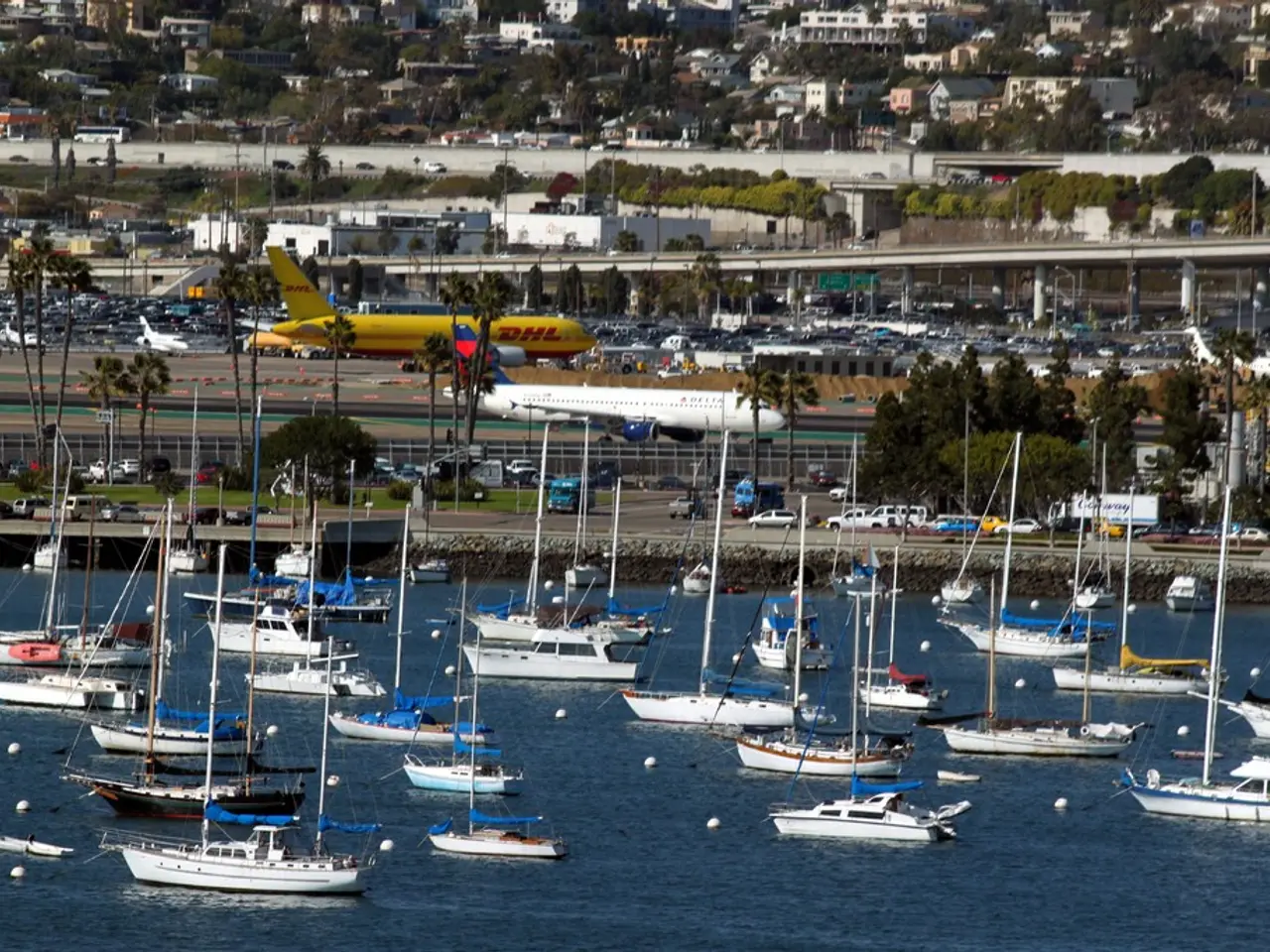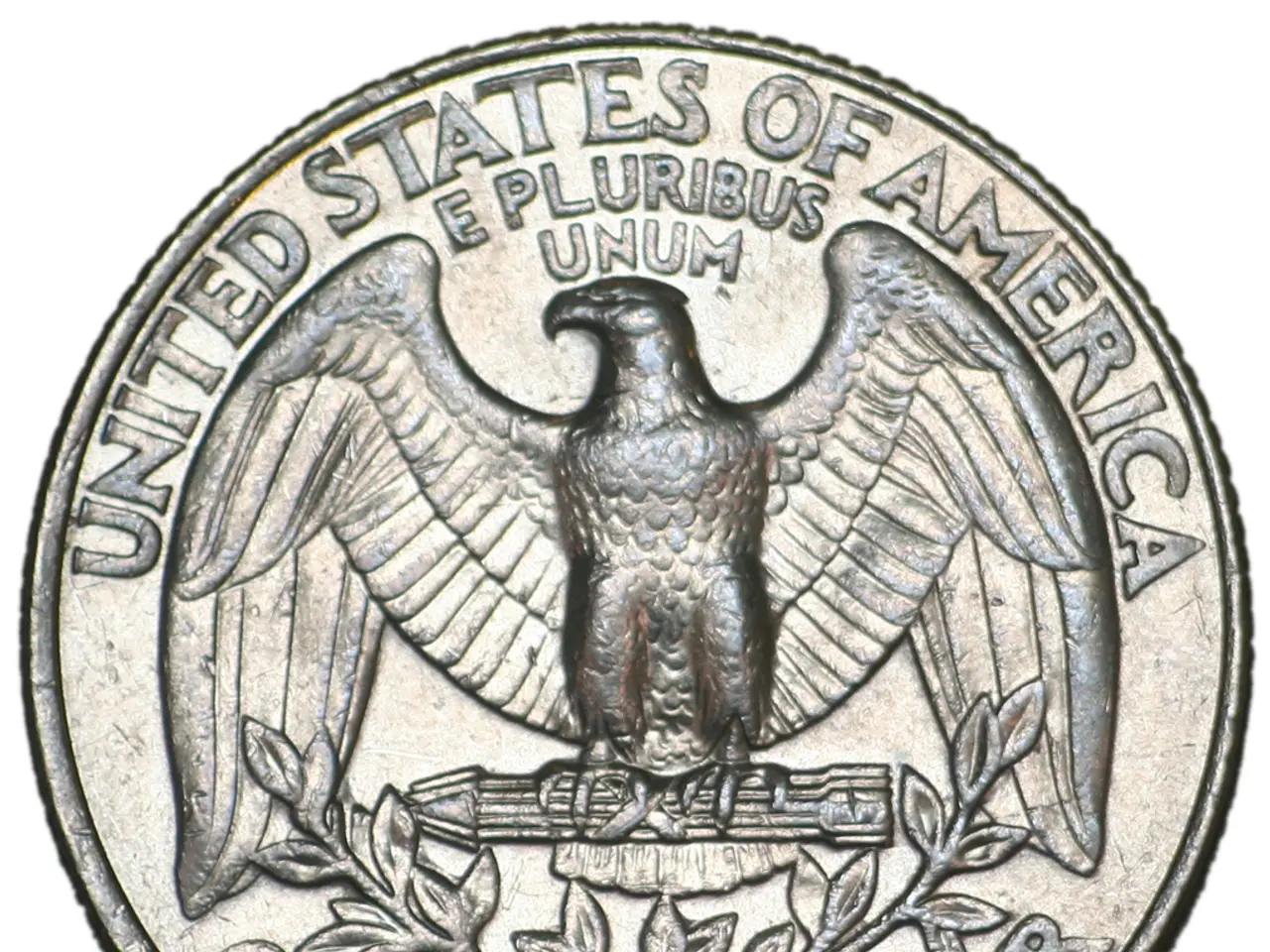Ferry service along Bosphorus' principal transportation route takes its final trip
Istanbul Transitions from Car Ferry to Mini Ferry Service on Bosphorus Route
Istanbul, the city that straddles Europe and Asia, continues to rely on maritime transport to connect its districts. In a significant change, the Bosphorus car ferry route, which linked Istanbul's İstinye and Çubuklu, has ceased operation. The transition to mini ferries, known as sea "dolmuş" in Turkish, has been introduced to address the high operational costs and insufficient revenue of the car ferry service.
For eight years, the car ferry made 46 round trips daily on weekdays, offering a convenient alternative for residents to avoid traffic and save time. However, with the construction of bridges and tunnels like the Bosphorus Bridge (1973), Fatih Sultan Mehmet Bridge (1988), and Marmaray Tunnel (2013), road traffic increasingly shifted from ferries to these faster routes. This shift led to a decline in demand for car ferry services.
Now, passengers can park their cars at a designated lot near the terminal and continue their trip by boarding the mini ferries. These mini ferries operate on the same timetable as the car ferry, ensuring a seamless transition for commuters. Despite accommodating a limited number of passengers, they offer faster, more scenic alternatives to the crowded roads and bridges in Istanbul.
Additional public buses have been added to both terminals to connect passengers to nearby places. The mini ferries are part of the authorities' public service, having been introduced last year. Residents in Istanbul have expressed frustration with the decision to shut down the car ferry service, but the authorities maintain that this transition is necessary to ensure the sustainability of the city's transportation network.
Ferries and sea buses continue to play a crucial role in Istanbul's transportation system, offering a unique and scenic way to travel. As the city continues to grow and evolve, it is likely that these services will adapt and change to meet the needs of its residents.
[1] Bosphorus Car Ferry Service Ceases Operation [2] Istanbul's Transportation Network: A Brief History
- The transition from the Bosphorus car ferry service to mini ferries in Istanbul's transportation network is a response to the high operational costs and insufficient revenue faced by the former, driven by the increase in road traffic due to bridges and tunnels like the Bosphorus Bridge and Marmaray Tunnel.
- As part of the broader public-transit system in Istanbul, the introduction of mini ferries, known as sea "dolmuş" in Turkish, serves to accommodate passengers by offering faster, more scenic alternatives, whileWord: transportation also includes integration with land transportation options such as additional public buses at both terminals.




